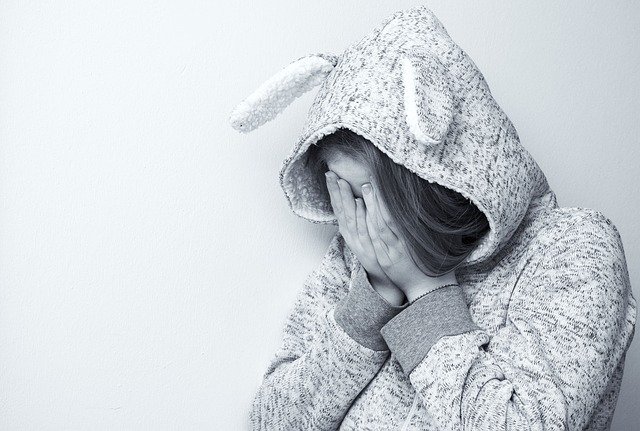It happens that almost all my articles are about my experiences, about real events and their connection to coaching or personal development in general. I find that examples from everyday life help me to understand things better than long chapters in a textbook.
A few days ago I went on a short hike in the mountains, which did not promise anything out of the ordinary – manageable number of kilometres, moderately challenging route. And it went pretty much as usual – feeling good, comfortable pace, pleasant shade. After about 1.5 hours we came to a signpost – 50 minutes to go, but the map on the phone showed another alternative – a much shorter, but steeper route. Since we hadn’t tried the route before, my hiking partner suggested we try the shorter option. The first thought that came to my mind was “hmm, I wonder if the cost of this shorter route will be too high?” Well, we discussed it a bit and decided to give it a try!
The first few hundred metres of the chosen alternative road were not surprising, a bit steeper but manageable. Just when I was thinking about it, the road started to change. The forest path started to be replaced by unstable stones, the slopes became steeper and steeper as we left the shelter of the trees, and eventually we reached a point where it was time to change from walking to climbing, as the path was replaced by rocks.
As the unstable surface of the path started to become uncomfortable, I pushed on, although grumbling and not very happy. I kept pushing until I realised that I couldn’t go on. Neither forward nor back. I was frozen by fear. So much fear that I don’t think I’ve ever been so afraid in my life. I stood huddled against the rock, clawing at the rocks with all my might, catching my breath and crying. It seemed that suddenly the whole world beneath my feet had become unstable, if I tried to take a step and let go of the rock I was holding on to, I would fall down. In all seriousness, I thought that this was the point where I would stay forever, because I would neither be able to go up nor down.
I don’t know exactly how long I spent at that point, while my partner was reassuring me and trying to persuade me that we would be able to come back down one tiny step at a time. For what seemed like an eternity. Even though my hands and legs were shaking and I was still short of breath, I had to make a decision and take the first step, because I couldn’t stay here on the mountain for the rest of my life. I can’t say that the first step was the scariest, there were dozens of them, but in the end I made it.
I can’t remember the last time I was so exhausted, both physically and emotionally. But for the last few days I have been thinking about what this experience has given me and what I can learn from it. One of the thoughts that kept running through my mind as the fear was kicking in was “I can’t believe I am such a coward”. What I realise now is that feeling fear does not make me a coward. It is an emotion of the moment, it doesn’t label me as a human being, and if I have that feeling in the moment, it means that I need it and it is good for me.
The other insight that I took from this experience, that my thought that I had no other way out, that I was too scared of going one way or the other, so I was going to stay there, clinging to the rock, is relevant to many situations in life, but the circumstances are not necessarily so extreme physically. For example, I am afraid to leave a job I don’t like because of the uncertainty that comes with that decision, and I am afraid to stay in a job I don’t like because both my emotional and physical health suffers as a result. So I remain “stuck to the rock”, in this case in a job I don’t like, because I am afraid. Or perhaps I am afraid to end a hopeless relationship because loneliness is even worse, but I cannot continue staying in that relationship. So I remain stuck on that rock – dead end relationship.
In the mountains I had to make a decision to move up or down, because it just couldn’t be otherwise. But I keep thinking, why is it that in other situations in life, we choose to stay stuck, we keep finding excuses for our inaction, and we let fear take over? The longer we stay still, the more time we have to fuel our fear and create worst-case scenarios.
I invite you to think about what rock you are clinging to and what you are so afraid to let go of. And most importantly, I invite you to answer the question: how much longer do you want to stay there?
With best wishes for growth,
Dovilė
Your thinking partner online, in France (Savoie), Switzerland (Geneva region)
linkedin.com/in/dovile-rodziute

